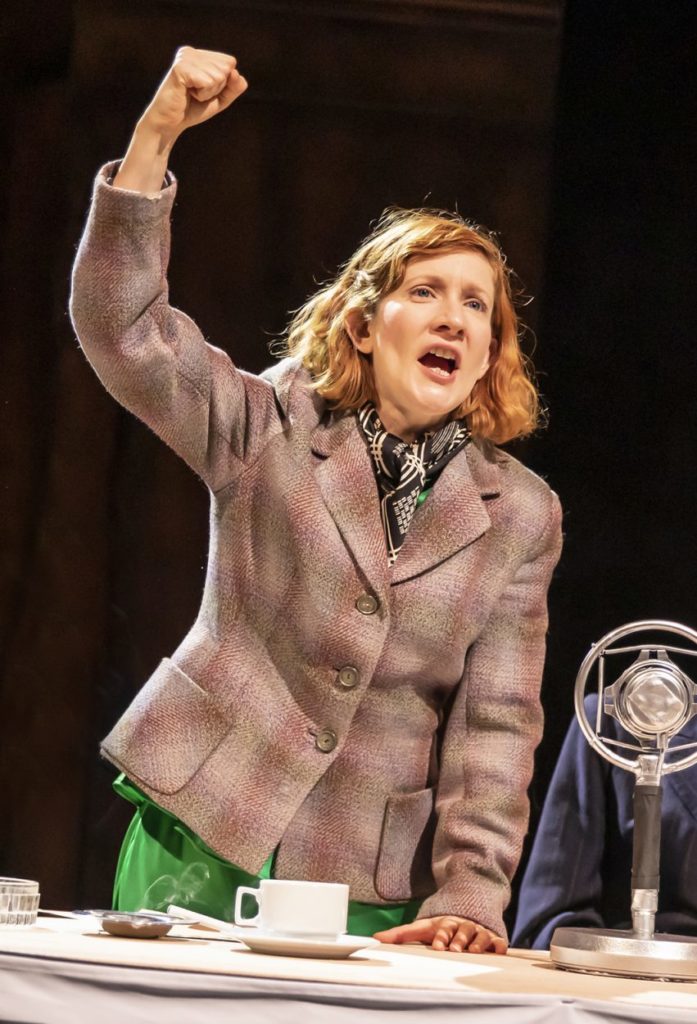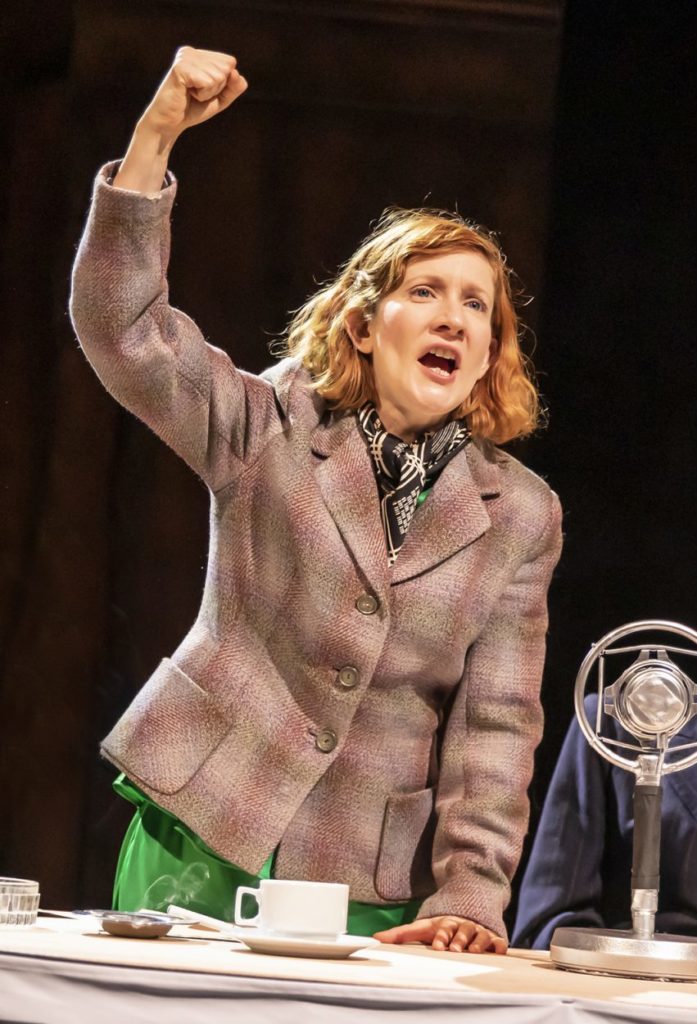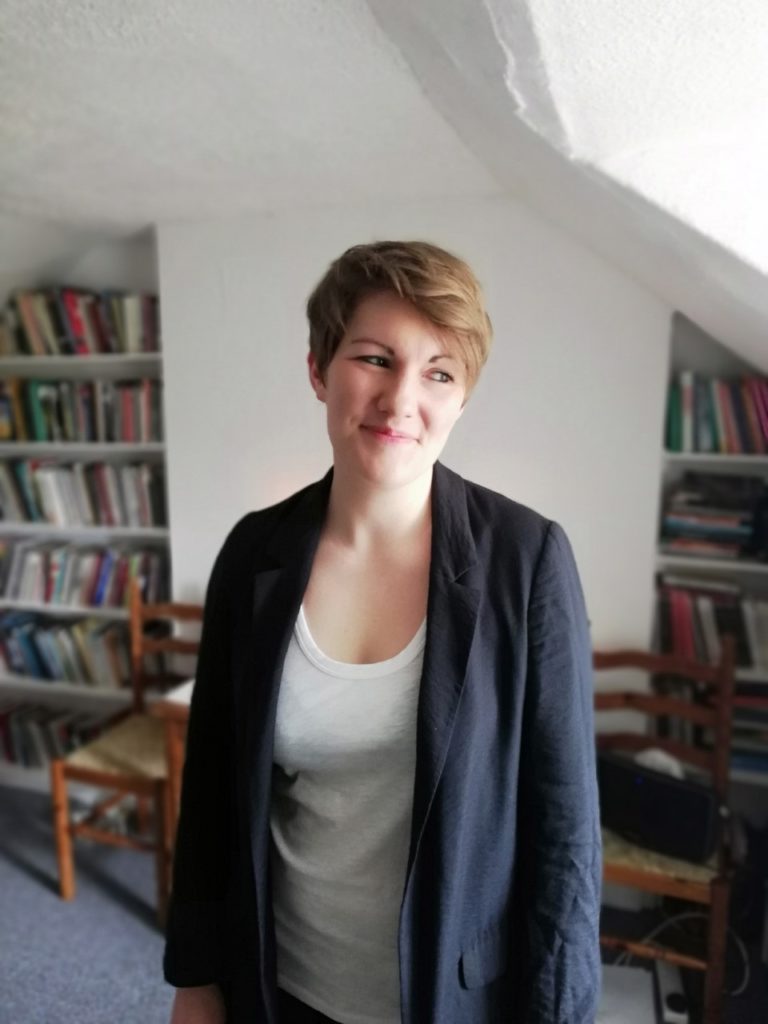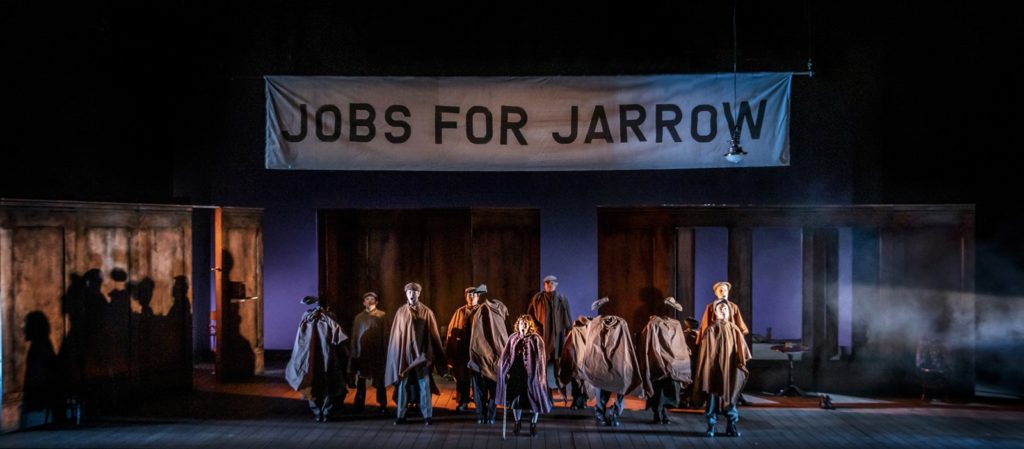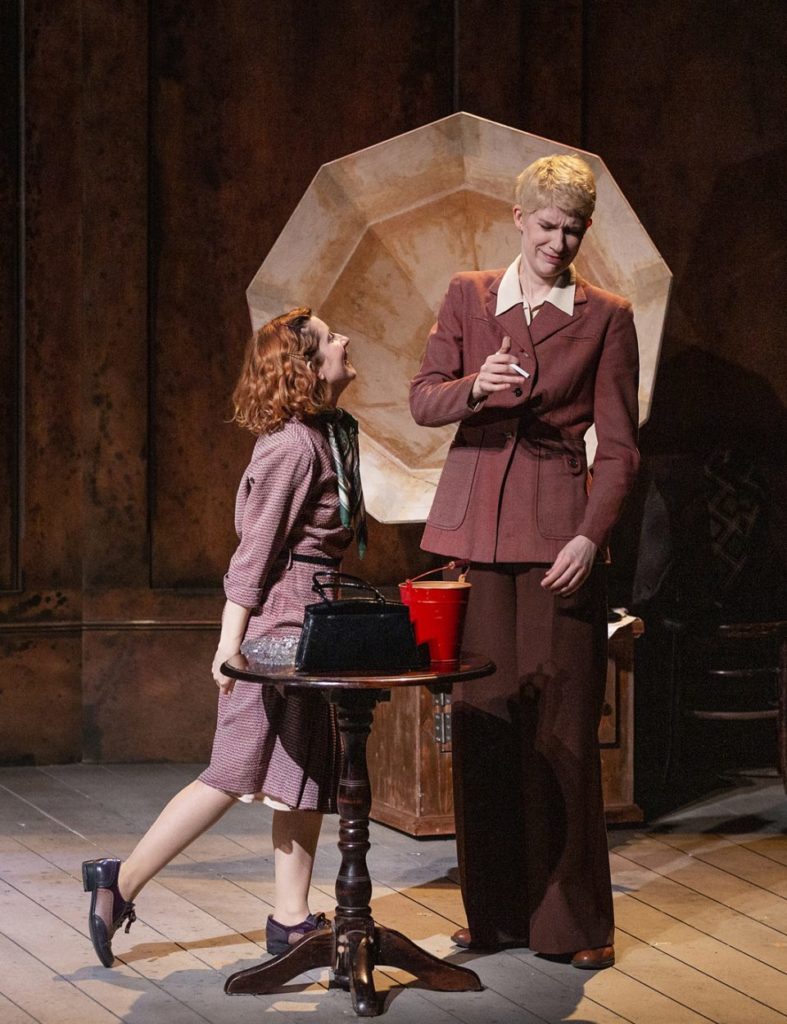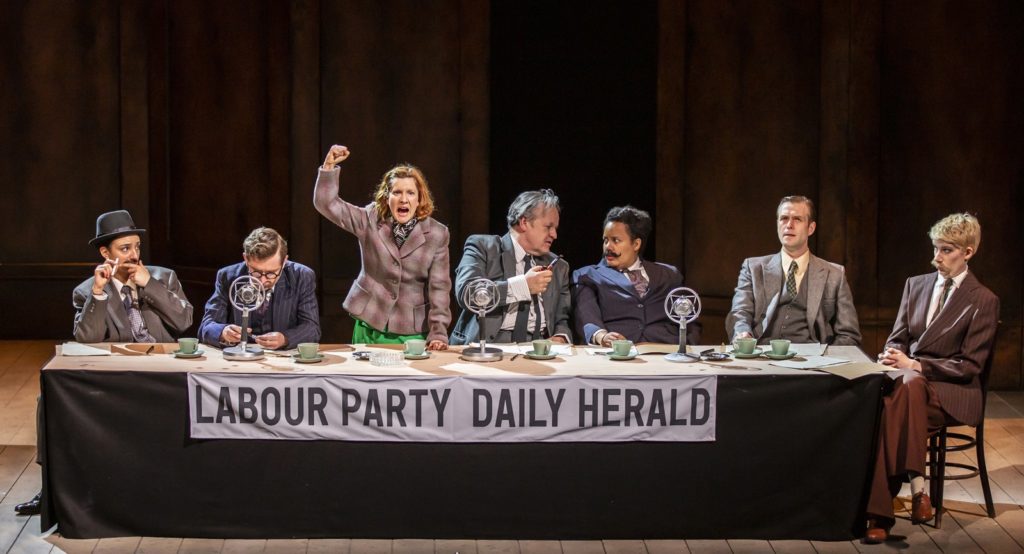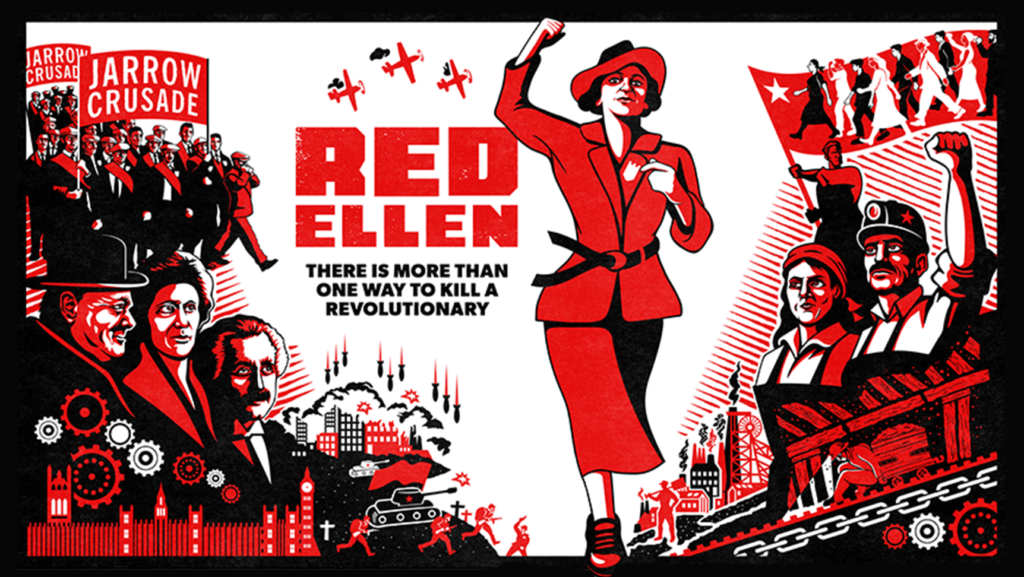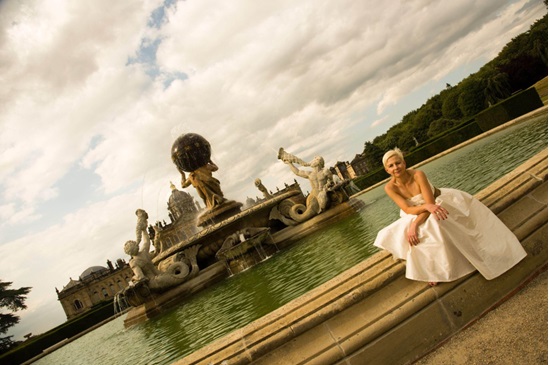
Yorkshire soprano Bibi Heal at Ryedale Festival location Castle Howard. She will perform Songs That Move on July 18 at Helmsley Arts Centre at 2pm and the National Centre for Early Music, York, at 5pm. Picture: Rob Cook
THE 44th Ryedale Festival begins today, inviting audiences to experience 58 performances in 33 spectacular locations across North Yorkshire until July 27.
Castalian String Quartet and one of the festival’s 2025 artists in residence, violist Timothy Ridout, open the festival with a coffee concert this morning at 11am at St Mary’s Church, Lastingham, performing Mendelssohn’s Quartet No 5 in E-flat and Brahms’s String Quintet No. 2 in G.
Ryedale offers a diverse programme that extends beyond classical music to embrace jazz, folk, poetry and participatory events. These performances unfold against Yorkshire backdrops ranging from historic castles and abbeys to market towns and ancient churches.
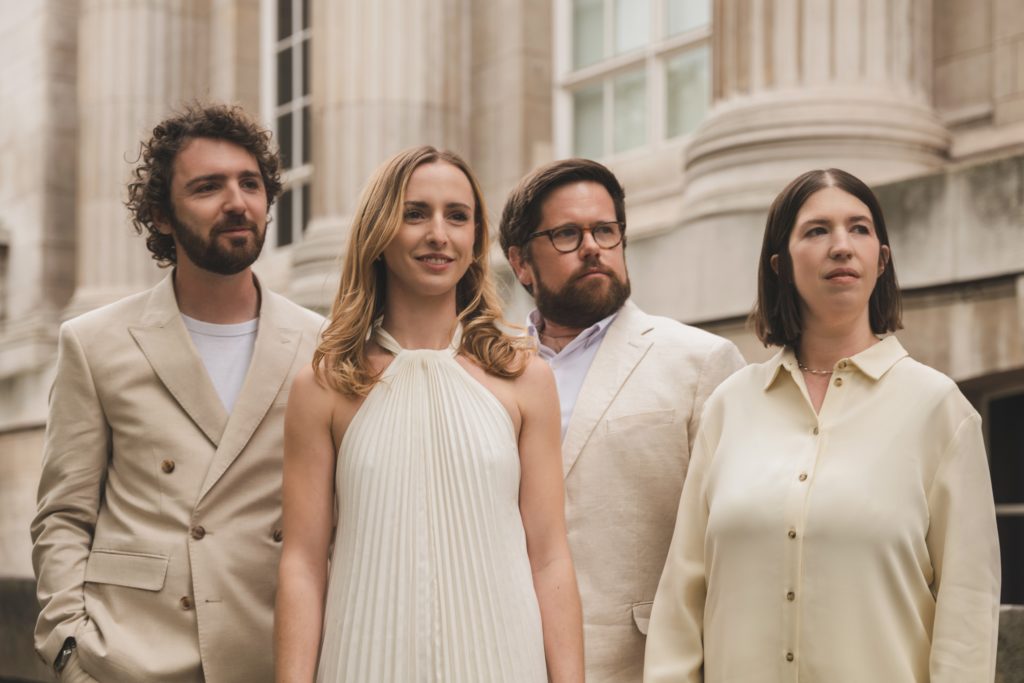
Castalian String Quartet: Opening the 2025 Ryedale Festival today at St Mary’s Church, Lastingham. Picture: Kirk Truman
This year’s festival welcomes a multitude internationally renowned musicians, among them Ridout’s fellow artists in residence, trailblazing saxophonist Jess Gillam, Grammy-winning composer and conductor Eric Whitacre and Royal Philharmonic Society Singer of the Year Claire Booth.
They are joined by two ensembles in residence, the Austrian string quartet Quatuor Mosaïques and vocal ensemble VOCES8.
Look out for distinguished visiting artists such as pianists Sir Stephen Hough and Dame Imogen Cooper and organist Thomas Trotter, while the orchestral highlights will feature the Royal Northern Sinfonia, Orchestra of Opera North, Arcangelo and the festival debut of the Royal Liverpool Philharmonic.
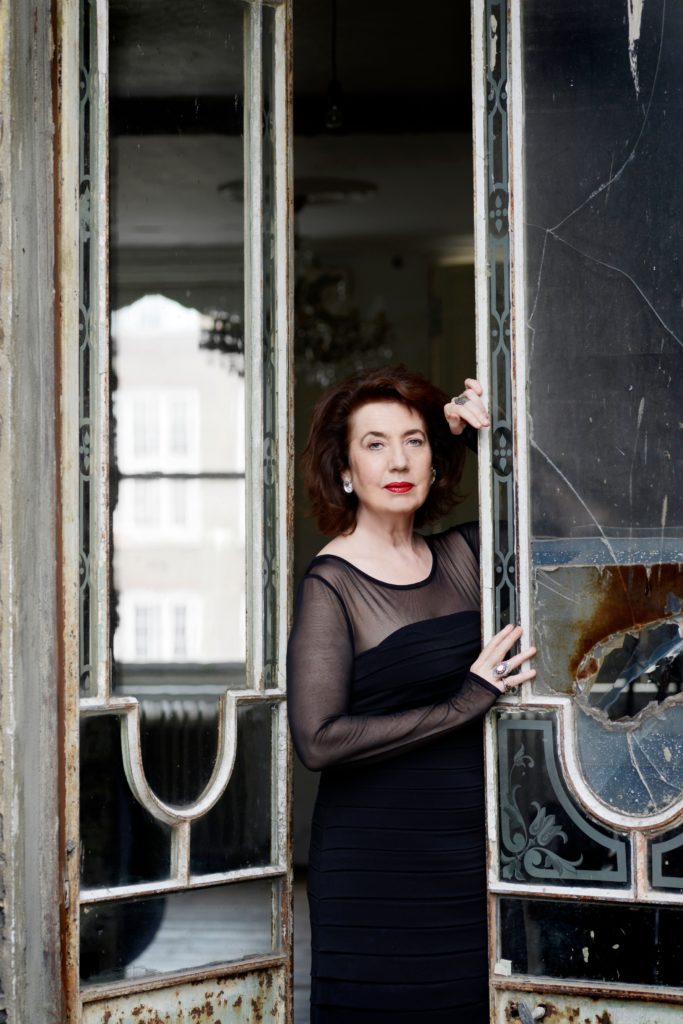
Dame Imogen Cooper: Playing Beethoven at St Peter’s Church Norton, on July 26 at 8pm. Picture: Sussie Ahlburg
The festival champions new music too, topped by the Yorkshire premiere of Gavin Higgins’s major song cycle, Speak Of The North, exploring northern identity.
Co-commissioned with Britten Pears Arts, the work takes its cue from the music of Grieg and poems by Charlotte, Emily and Anne Brontë in a “sprawling journey through physical and imagined northern landscapes” that includes songs about the Peak District, Manchester as seen from above, Northumbrian folk heritage and coal mining landscapes – plus an argument between Hadrian’s Wall and the Sycamore Gap tree.
Fifty years after Arthur Bliss’s death, composer Philip Wilby has honoured Bliss’s original vision for his passionate post-war Viola Sonata, transforming it into an orchestrated concerto to be performed by Timothy Ridout with the Orchestra of Opera North, alongside Elgar’s Enigma Variations.
The festival also retrieves music that has slipped through history’s fingers, including a rare UK performance of Michael Tippett’s joyful and unjustly neglected chamber cantata Crown Of The Year, revived by an outstanding group of musicians and Tippett biographer Oliver Soden, alongside other works by Tippett that have not been performed for decades.
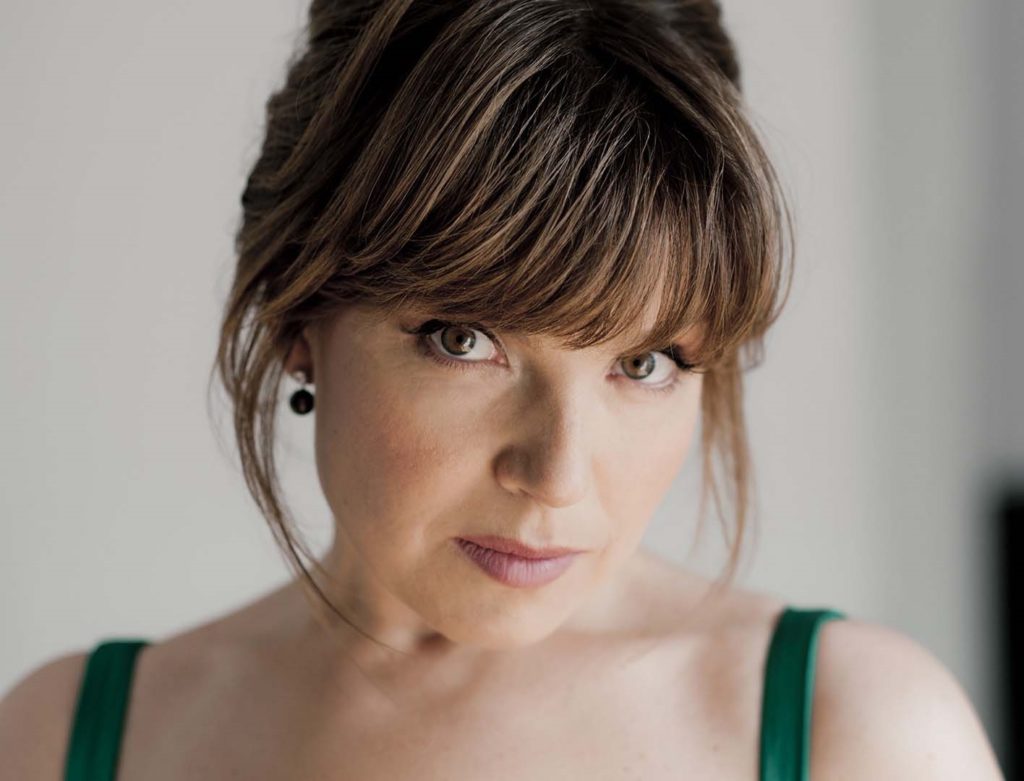
Soprano Claire Booth: Royal Philharmonic Society Singer of the Year and Ryedale Festival artist in residence, performing Speak Of The North with violinist Tamson Waley-Cohen and pianist Christopher Glynn tomorrow at All Saints Church, Hovingham, at 8pm, and Kafka Fragments with Waley-Cohen at Helmsley Arts Centre on July 13 at 9.30pm. Picture: Sven Armstein
Beyond classical offerings, the festival integrates jazz and folk, such as Ronnie Scott’s music director, reeds player Pete Long, vocalist Sara Oschlag and an all-star band saluting Duke Ellington and Barnsley folk singer Kate Rusby showcasing her new album, When They All Looked Up, with her Singy Songy Session Band.
Literary events include Dame Harriet Walter’s theatrical retelling of Pride And Prejudice, to mark the 250th anniversary of Jane Austen’s birth, in a drawing-room setting, accompanied by violinist Madeleine Easton and pianist Melvyn Tan’s performance of Carl Davis’s score for the 1995 television adaptation.
In a new commission designed to reflect on the relationship between words and music, poet and playwright Caroline Bird reads poems she has chosen and written to accompany cellist Joely Koos and Ryedale Festival’s Waverley Young Artist, pianist Firoze Madon, at the Schumann’s Suggestion coffee concert on at the Wesley Centre, Malton, on July 24 at 11am.

Kate Rusby: Performing her new album, When They All Looked Up, at a sold-out Milton Rooms, Malton, on July 25 at 7pm. Picture: David Angel
The Ryedale Festival believes music is for everyone, offering Concerteenies events for families and children, and Bibi Heal’s Songs That Move for individuals with conditions such as Parkinson’s. Participatory events, such as workshops and Come and Sing sessions led by VOCES8 andEric Whitacre, actively invite public involvement in collective music-making.
BBC Radio 3 will broadcast five concerts from the festival, including a recital by BBC New Generation Artists, featuring German pianist Julius Asal, American violinist Hana Chang, Estonian flautist Elizaveta Ivanova and Uruguayan-Spanish tenor Santiago Sanchez.
In parallel, the festival’sYoung Artist Platform, relaunched this year in association with the Waverley Fund, offers performance, mentoring and career-shaping opportunities for exceptionally talented performers at the beginning of their careers. This year’s Young Artists are guitarist Jack Hancher, pianist Firoze Madon recorder player Hassan Marzban, pianist Ethan Loch and the Fibonacci Quartet.
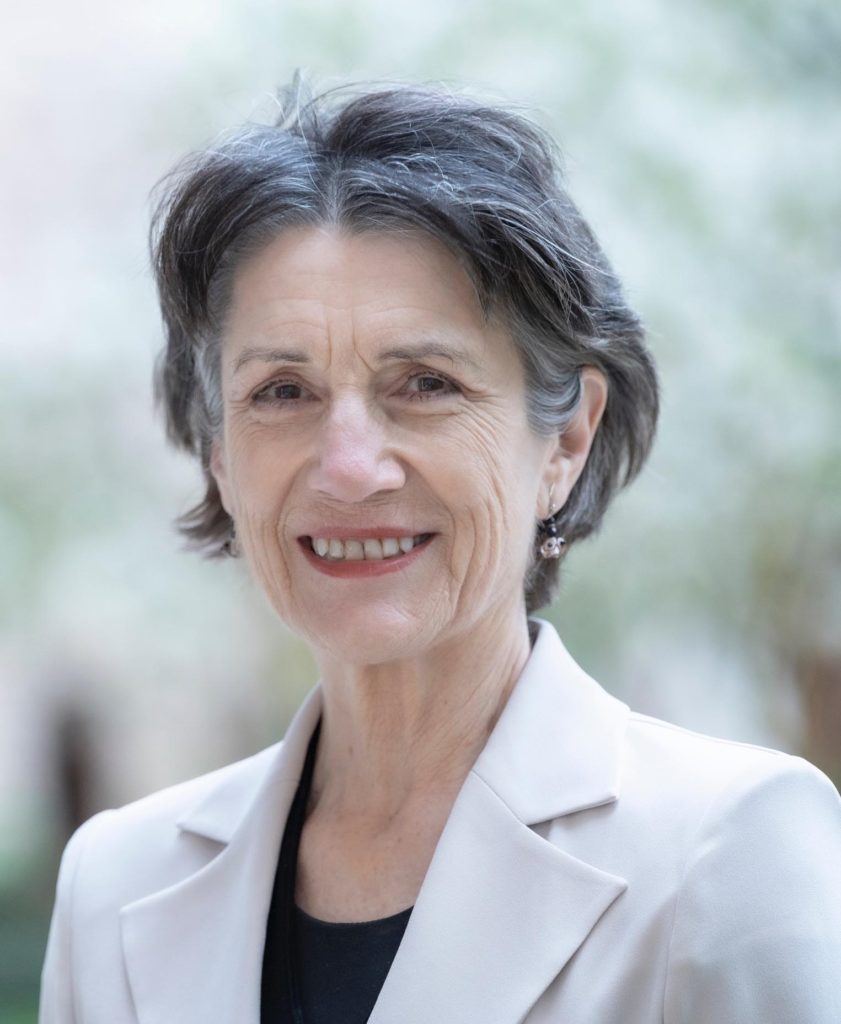
Dame Harriet Walter: Theatrical retelling of Pride And Prejudice by Jane Austen biographer Gill Hornby, with pianist Melvyn Tan and violinist Madeleine Easton, at Wesley Centre, Malton, on July 20 at 7pm
The festival continues to demonstrate its commitment to reaching the widest possible audience. More than 2,000 heavily discounted tickets will be made available through the Ryedale Rush scheme, while anyone under the age of 25 can attend nearly all events for £5 or less.
The festival takes place in beautiful and historic Yorkshire locations, and among the new venues this year are Ripon Cathedral, Skipton Town Hall, Malton’s Wesley Centre and All Saints Church in Northallerton, complemented by a return to Selby Abbey and a Troubadour Trail by mandolinist Alon Sariel that brings music to tiny and remote country churches across the county.
Festival artistic director Christopher Glynn says: “Festivals matter. They connect communities, spark creativity, support local economies and enhance lives.

Alan Soriel: Leading Troubadour Trail to remote Ryedale churches. Picture: Suzette Vorster-Van Acker
“They bring great music and top international performers to beautiful and historic places. They keep faith with live music in an age of digital overload. And they offer a warm welcome and sense of community, showing that classical music isn’t just something to listen to, but something to be part of.
“And in a world where screens so often replace shared experiences, festivals remind us of something irreplaceable: live music. The energy, the spontaneity, the buzz of a live audience and musicians responding to each other in the moment – nothing else compares. Shaped by the players, the listeners and the space itself – a genuine, unrepeatable encounter of hearts and minds.”
“This summer we invite audiences to step into beautiful North Yorkshire locations and meet extraordinary performers not as distant figures on a stage, but as fellow humans sharing something vital.”
For the full festival programme and tickets, go to: www.ryedalefestival.com.
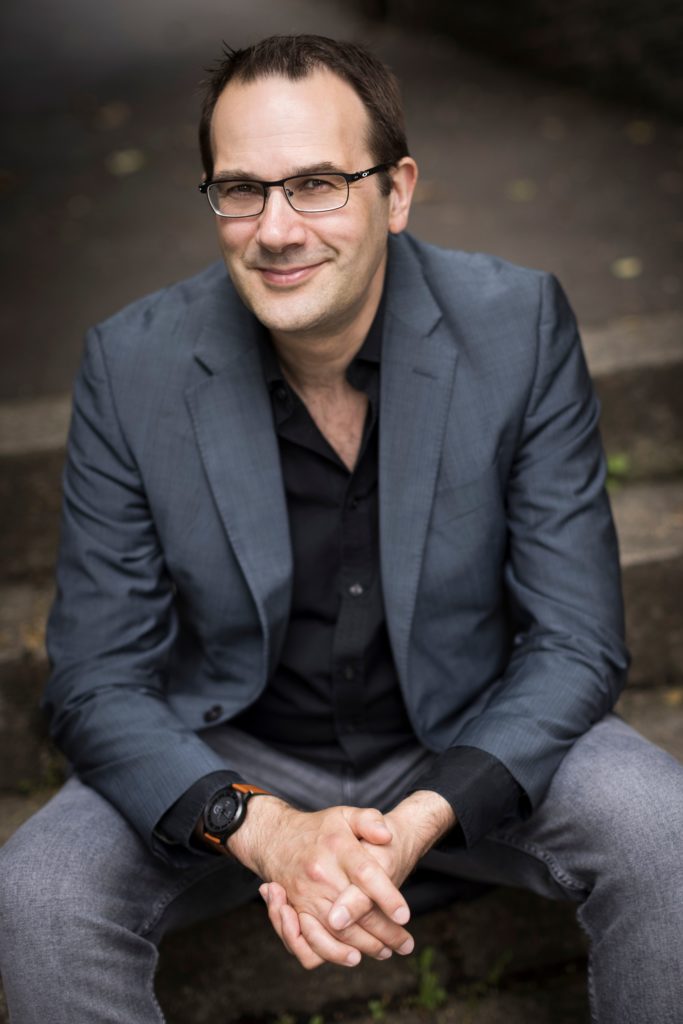
Ryedale Festival artistic director and pianist Christopher Glynn

